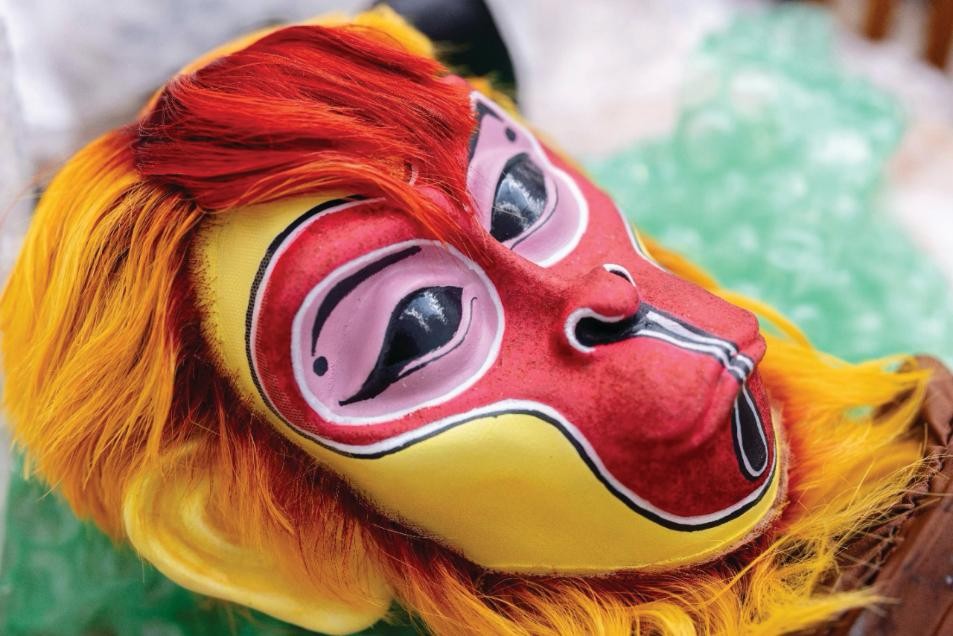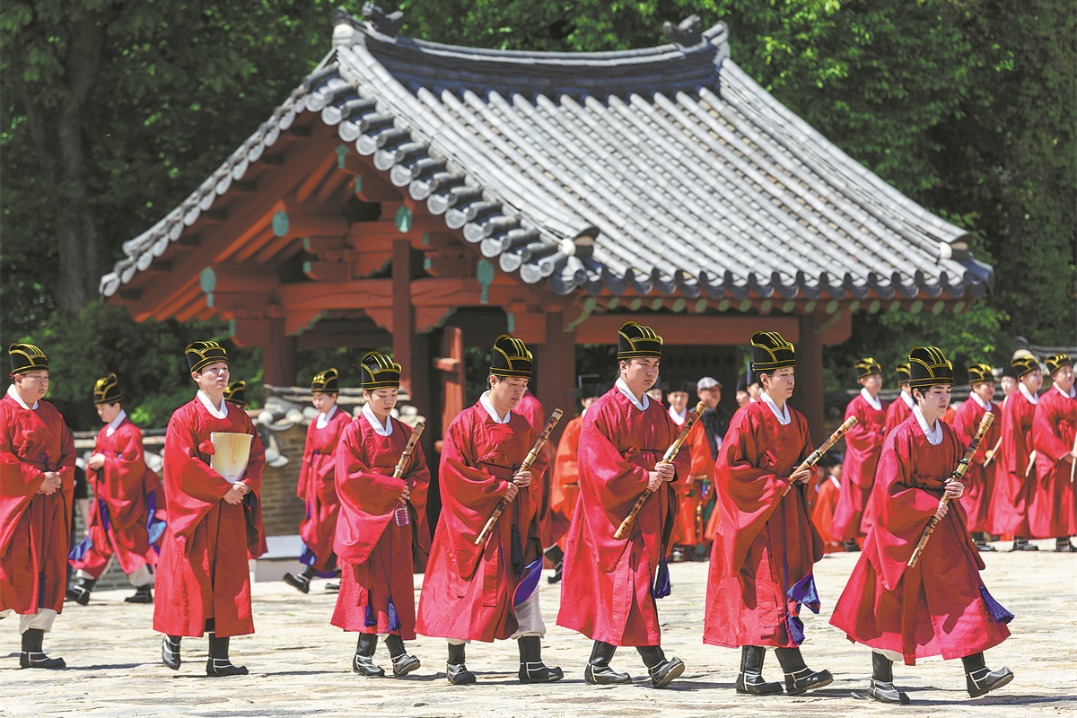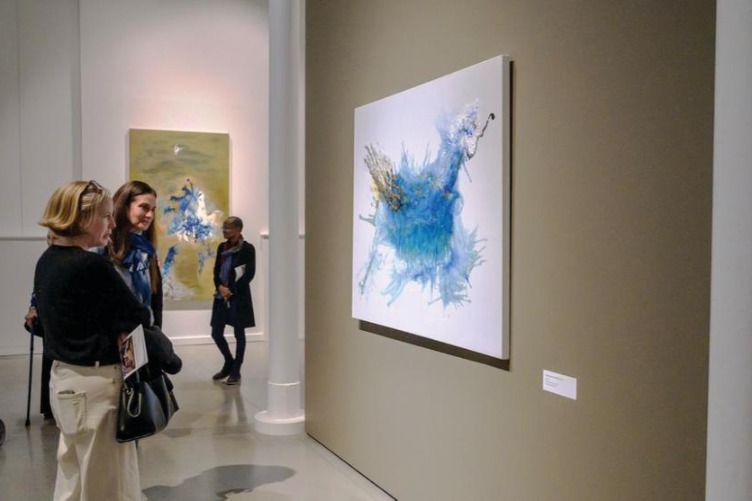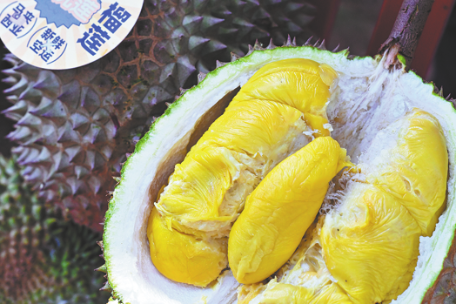Monkey King set for debut in San Francisco
Beloved character from classic Chinese literature brought to life in performance combining cultural tradition with a modern multidisciplinary production

Opera's big moments
The production opens unconventionally — with a bodhisattva choir chanting the Diamond Sutra without orchestral accompaniment. "The voices float in from a distance, purifying the mind and transporting the audience into a mystical Eastern world — the realm of the Monkey King," Huang Ruo told China Daily during a recent rehearsal at the War Memorial Opera House.
Other "magical" moments include the Monkey King shrinking the giant pole in the Dragon King's underwater palace into a tiny needle, which becomes his magical staff. Huang Ruo said he used choral voices to create a spell-like sound that draws the Monkey King toward the pole, then had the monkey sing a spell to shrink it smaller and smaller until it becomes a needle. The effect is achieved through both visual and musical techniques.
The Monkey King's high-energy adventures — from the depths of the sea to his battle with the gods in heaven — are balanced by quieter moments with the goddess Guanyin and a chorus of bodhisattvas reflecting on his progress in Buddhist sutras.
"One of the most powerful scenes in the opera is when the Monkey King is framed. He refuses to kneel and instead chooses to fight back. This kind of story — resisting injustice — is not unique. Every culture has such tales, and it still resonates today," Huang Ruo said.
In the end, the Monkey King is captured by the Buddha. "The lesson is clear: power alone is not the answer. With great power comes the responsibility to use it wisely," he said.
In the final scene, the Monkey King hears Guanyin and a chorus of bodhisattvas chanting the Diamond Sutra. He joins them, a symbolic moment of enlightenment.
"There's a Chinese idiom about painting a dragon and adding the final dot to its eye — the final touch that brings it to life. This moment is just like that," Huang Ruo said.
The challenge, he added, is to convince the audience that the Monkey King is truly enlightened. He cited a key line from the Diamond Sutra: "Abide nowhere, and give rise to mind".
"It means letting go of attachments to make space for compassion," he explained. "Throughout the opera, the Monkey King never sings with Guanyin or the bodhisattva choir until this moment. When they chant this line, he finally understands and joins in, marking his transformation."


































